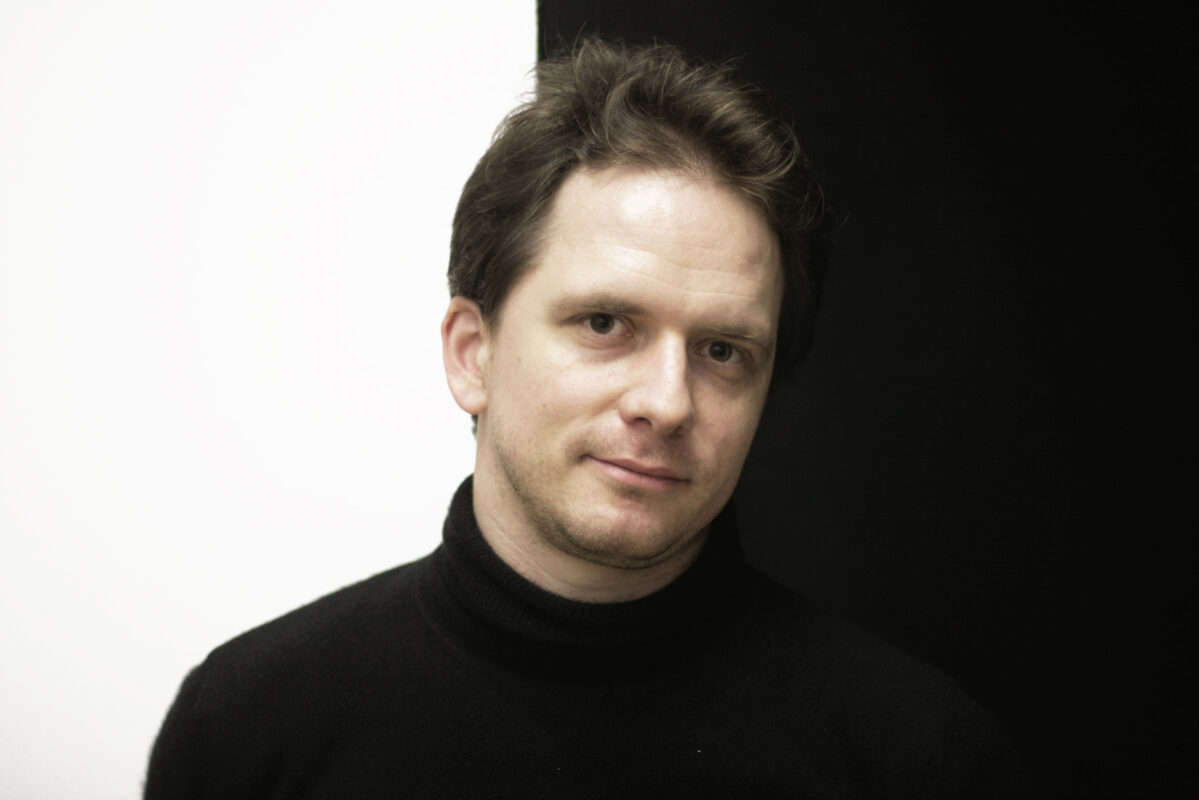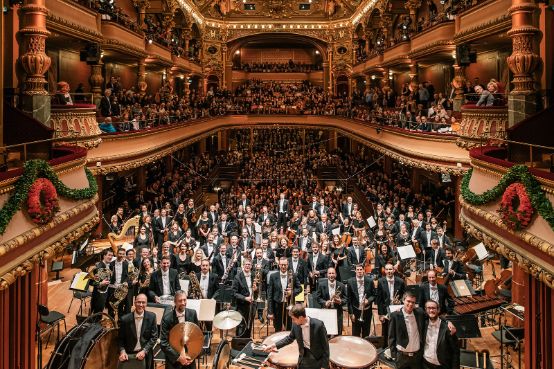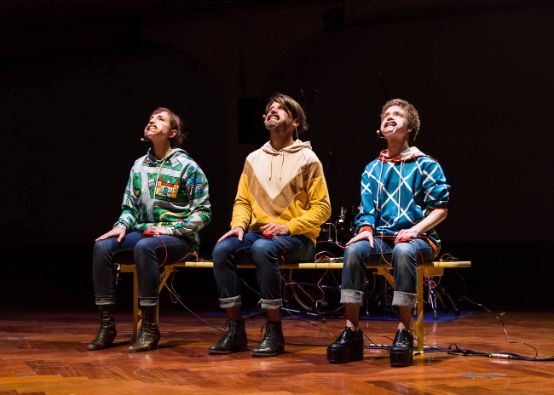New director for FCMA
The Board of the Fondation romande pour la chanson et les musiques actuelles (FCMA) has appointed Albane Schlechten as Marc Ridet's successor as director of the foundation. She will take office on January 1, 2019.

At the end of a two-stage procedure, widely open to all personalities involved in contemporary music in French-speaking Switzerland, and which enabled over 50 applications to be examined when the position of FCMA Director was put out to tender, the Foundation Board decided on Albane Schlechten's candidacy. Her mastery of the Swiss contemporary music ecosystem at the French-speaking, national and international levels, her excellent understanding of the challenges facing the FCMA, her institutional experience and the attention she pays to current societal issues - such as club safety, the place of women in contemporary music and the challenges facing the next generation of artists - are all strengths that will enable her to fully meet the challenges facing the Foundation.
Albane Schlechten, 34, began her career at l'Usine, a self-managed cultural center in Geneva, as general coordinator and spokesperson for this emblematic venue in French-speaking Switzerland. She contributed to the establishment of a network of associative venues in Geneva, aimed at promoting and defending alternative culture at the political and media level, before taking part in the creation of La Gravière, a venue for the dissemination and creation of music. At the same time, she became involved in the political life of her city. In order to take on the role of FCMA director, Albane Schlechten will be leaving her position as coordinator for the French-speaking part of Switzerland at PETZI, the umbrella association for contemporary music clubs and festivals, where she has successfully led lobbying activities and relations with institutional partners and the media since January 2017.
The Fondation romande pour la chanson et les musiques actuelles (FCMA), founded in Nyon in 1997 on the initiative of the local authorities and Paléo, supports artists and musicians in the organization of their careers, activities and professional research. In particular, it helps them develop their professional networks and facilitates access to labels and the music scene. Its Board of Trustees is made up of representatives of the French-speaking cantons and towns, as well as personalities active in the music industry.








